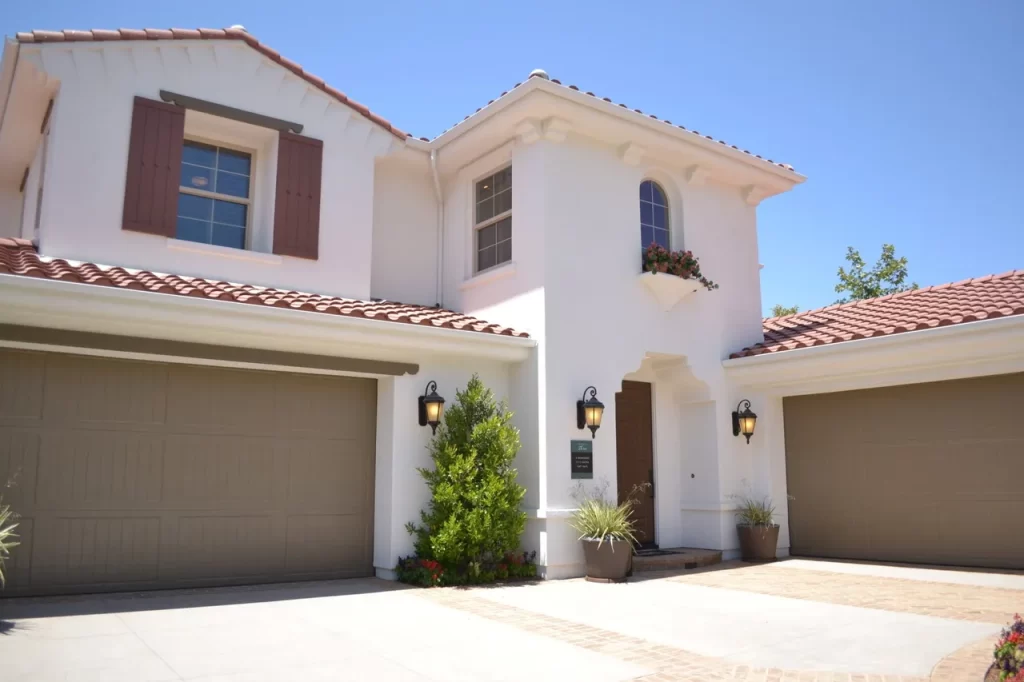Welcome to our comprehensive guide on residential and commercial roofing. In this article, we will delve into the key differences between these two types of roofing, highlighting the important considerations for each. Whether you are a homeowner looking to upgrade your residential roof or a business owner planning to install a new roof for your commercial property, understanding the distinctions will help you make informed decisions. So, let’s get started!
Residential Roofing
Residential roofing primarily focuses on providing protection, insulation, and aesthetic appeal to houses, apartments, and other residential structures. When it comes to residential roofing, there are several important factors to consider:
1. Roofing Materials
Residential roofs commonly feature a variety of materials, including asphalt shingles, metal, tile, and wood shakes. Each material has its own unique advantages, such as durability, energy efficiency, and cost-effectiveness. By carefully selecting the right material for your residential roof, you can enhance both the functionality and visual appeal of your home.
2. Roof Slope and Design
Residential roofs typically have a steeper slope compared to commercial roofs. The slope plays a crucial role in preventing water accumulation, ensuring efficient drainage, and maintaining the overall structural integrity of the roof. Additionally, the design of the residential roof should complement the architectural style of the house, blending seamlessly with its surroundings.
3. Insulation and Ventilation
Proper insulation and ventilation are essential for residential roofs. Insulation helps regulate indoor temperature, reducing energy consumption and enhancing comfort. Adequate ventilation prevents the buildup of moisture, preventing issues like mold and mildew growth. By prioritizing insulation and ventilation during the roofing process, homeowners can create a more energy-efficient and healthy living environment.
Commercial Roofing
Commercial roofing, on the other hand, caters to the roofing needs of commercial buildings, such as offices, retail spaces, warehouses, and industrial complexes. Let’s explore the crucial considerations for commercial roofing:
1. Roofing Systems
Commercial roofs often utilize different types of roofing systems, including built-up roofing (BUR), single-ply membranes, metal roofs, and green roofs. Each system offers specific benefits, such as enhanced durability, fire resistance, energy efficiency, and environmental sustainability. Choosing the right roofing system is crucial to meet the unique requirements of the commercial property.
2. Flat or Low-Slope Roofs
Unlike the steep slopes found in residential roofing, commercial roofs are typically flat or low-slope. These designs allow for more usable space, making them suitable for HVAC installations, rooftop gardens, solar panels, and other commercial requirements. However, proper drainage becomes even more critical with flat roofs to prevent water pooling and potential damage.
3. Safety and Compliance
Commercial buildings often have specific safety and compliance regulations to adhere to. When installing or repairing a commercial roof, it is vital to ensure compliance with local building codes, fire ratings, and other safety standards. Working with experienced commercial roofing professionals who understand these requirements is essential to maintain a safe and legal roofing system.
Conclusion
In conclusion, understanding the key differences and considerations between residential and commercial roofing is crucial for making informed decisions regarding your roofing needs. Residential roofing focuses on aesthetics, insulation, and protection for homes, while commercial roofing prioritizes durability, functionality, and compliance for commercial buildings. By recognizing these distinctions and working with trusted roofing experts, you can ensure the longevity and effectiveness of your roof.
Remember, whether you are a homeowner or a business owner, it is essential to consult with professional roofing contractors who have the expertise and knowledge to guide you through the entire roofing process. Investing in high-quality roofing materials, proper installation techniques, and regular maintenance will go a long way in protecting your property and ensuring its value for years to come.

